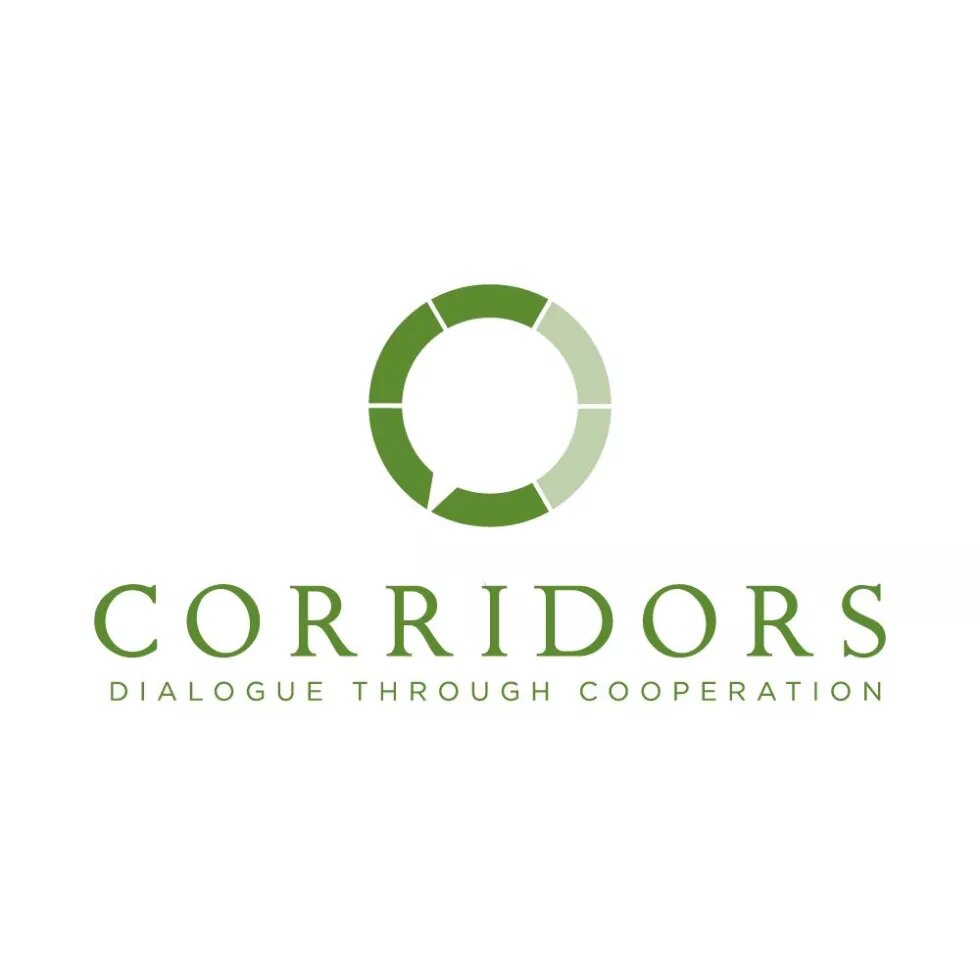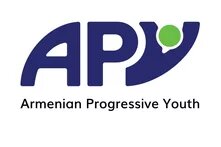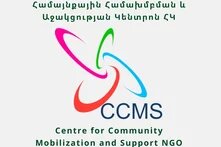
The ongoing conflicts in the South Caucasus are causing chronic stress and insecurity in the region. Increased pressure can trigger collective and individual traumatic experiences, both current and historical. Personal as well as social/collective trauma is an ultimate predictor of the behaviors, emotions, physiology, cognition, and interaction patterns of conflict-affected populations. Traumatic experiences can have a significant, often hidden, influence on the decisions made by conflict parties at the individual or collective level. Children and the elderly are the groups most vulnerable to traumatic experiences. Unfortunately, trauma has occurred on a massive scale in conflict-affected communities in the South Caucasus, including Armenia, and will continue to play a significant role for a long time to come.
Therefore, the project focuses on increasing trauma sensitivity and knowledge among teachers in Armenia who work with children from conflict-affected communities. The project aims to reach as many teachers as possible with our materials to help them better educate traumatized children and counter the effects of trauma. The project is a follow-up to last year's project (Enhancing Trauma Literacy of Peacebuilding Practitioners) and will use the materials developed there. As a first step, up to 12 teachers will be trained in trauma sensitivity education in a workshop, and the above-mentioned educational resources will be translated into Armenian and made available to teachers and the interested public. In addition, an event to promote the importance of trauma-informed work with children from IDP (Internally Displaced Persons) communities will be held with teachers and other educational stakeholders in Armenia.

